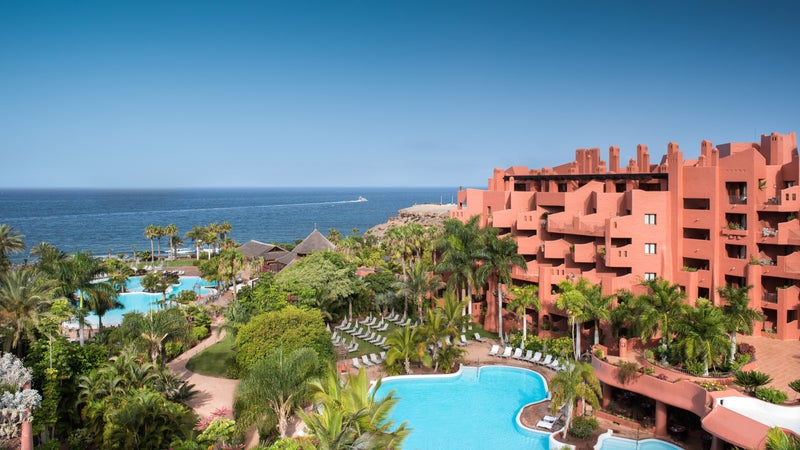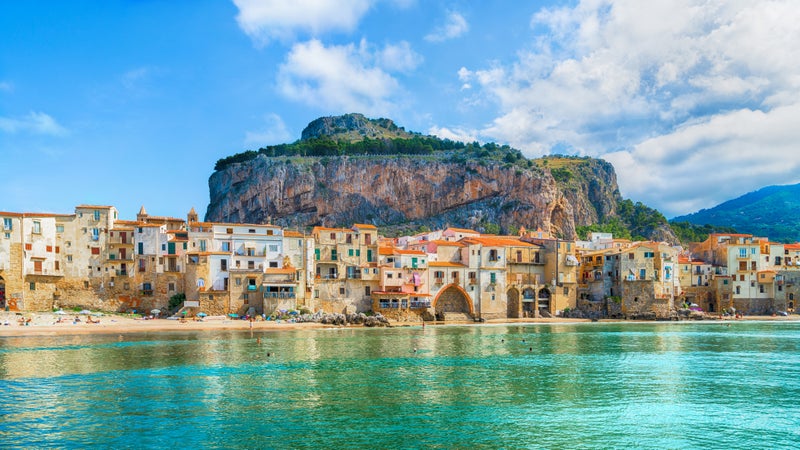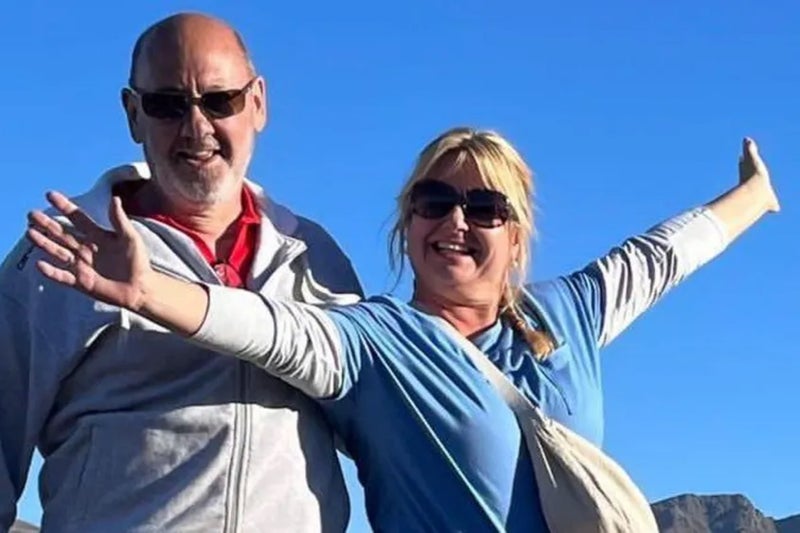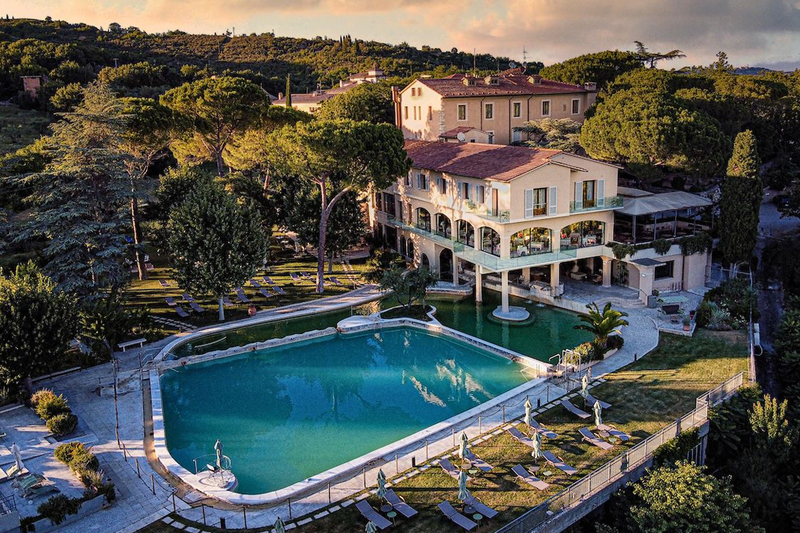Preliminary results show CDU/CSU will be largest party but success of Alternative für Deutschland likely to complicate formation of a government. The conservative opposition has won the most votes in Germany’s general election, preliminary results indicated, but a dramatic surge by the far-right Alternative für Deutschland (AfD) is likely to complicate the formation of a government to help spearhead a European response to growing global threats.
![[Olaf Scholz standing in front of a red backdrop]](https://i.guim.co.uk/img/media/c00228de49bd16577133ed5d4812b345a5752792/955_0_2783_3479/master/2783.jpg?width=445&dpr=1&s=none&crop=none)
The CDU/CSU candidate, Friedrich Merz, was preparing on Sunday night to try to form a ruling coalition after clinching roughly 29% of the vote from a high turnout. “I’d like to express my respect for our political rivals,” he said, referring to fellow centrists. “It was a very tough campaign.
![[Heidi Reichinnek claps and smiles while celebrating results]](https://i.guim.co.uk/img/media/41def12acd776c0a11ba60b5a90d74d8224b2e24/0_167_4096_2458/master/4096.jpg?width=445&dpr=1&s=none&crop=none)
“Now we need to talk to each other and as quickly as possible form a government for Germany that can take action so that we can do the right thing at home, be present again in Europe and make sure the world sees that Germany again has a reliable government.”.
![[Alice Weidel and Björn Höcke smile at each other]](https://i.guim.co.uk/img/media/a52265e2d7af1f274723dc7c76454d91283e7194/384_11_3815_2289/master/3815.jpg?width=445&dpr=1&s=none&crop=none)
The AfD, buoyed up by anger about immigration, violent crime and high energy costs, got about 20% of the vote – finishing second and nearly doubling its result at the last election in 2021. The party’s jubilant chancellor candidate and co-leader, Alice Weidel, cheered the outcome with AfD officials including the extremist firebrand Björn Höcke, who has been convicted of using the banned Nazi slogan “Alles für Deutschland” (Everything for Germany) in campaign speeches.
“This is a historic success for us – our best result ever,” Weidel told the broadcaster ARD. “We extend our hand to offer cooperation with the CDU. Otherwise change won’t be possible in Germany.”. All the mainstream parties, however, have pledged to maintain a “firewall” barring formal cooperation with the anti-migrant, pro-Kremlin AfD, which attracted high-profile endorsements from Donald Trump’s confidant, Elon Musk, and the US vice-president, JD Vance, during the short, intense campaign.
Trump hailed the election’s outcome. “Much like the USA, the people of Germany got tired of the no-common-sense agenda, especially on energy and immigration,” he wrote in a post on Truth Social. “This is a great day for Germany.”. But Merz struck a blunt tone, saying Trump had made it “clear that [his] government is fairly indifferent to Europe’s fate” and that Germany would have to wait to see “whether we will still be able to speak about Nato in its current form” when the alliance meets for its next summit in June.
“For me, the absolute priority will be to strengthen Europe as quickly as possible so that, step by step, we can really achieve independence from the USA” in defence matters, Merz said. He said he had not given up hope that Ukraine would be included in any negotiations with Russia on its future, perhaps with the “intervention of the US Congress” on Kyiv’s behalf against any attempt at exclusion by Trump.
British prime minister Keir Starmer congratulated Merz and welcomed the chance to “enhance our joint security”. “I look forward to working with the new government to deepen our already strong relationship, enhance our joint security and deliver growth for both our countries,” Starmer posted on X.
French president Emmanuel Macron offered his congratulations, saying: “We are more determined than ever to achieve great things together for France and Germany and work towards a strong and sovereign Europe. In this time of uncertainty, we are united to face the major challenges of the world and our continent.”.
The incumbent chancellor, Olaf Scholz, turned in the worst performance for his Social Democrats since the second world war, with about 16%, the early results showed. He had led a fractious three-way government until it collapsed in November over a dispute on spending priorities – just hours after Trump’s re-election – triggering the poll seven months ahead of schedule.
A chastened Scholz called it a “bitter result” and a “defeat” but struck a defiant tone on the strength of the far right, saying it was “something that we can never simply accept”. Voters also punished Scholz’s junior partners, the Greens, who slipped a point to 13.5%, and the pro-business Free Democrats, who looked unlikely to clear the 5% hurdle to representation in parliament.
The far-left Linke drew more than 8% after a remarkable late-campaign comeback, while a new populist left-conservative party, the Sahra Wagenknecht Alliance, fizzled out after strong showings in European and state elections last year to tally just below 5%.
Merz’s conservatives, who fell far short of a majority, will need to seek an alliance to govern, with the goal of having a new administration in place by Easter. Depending on how many parties win seats when the final results are in, he will either need one or two parties to form a coalition, probably the Social Democrats and possibly the Greens.































